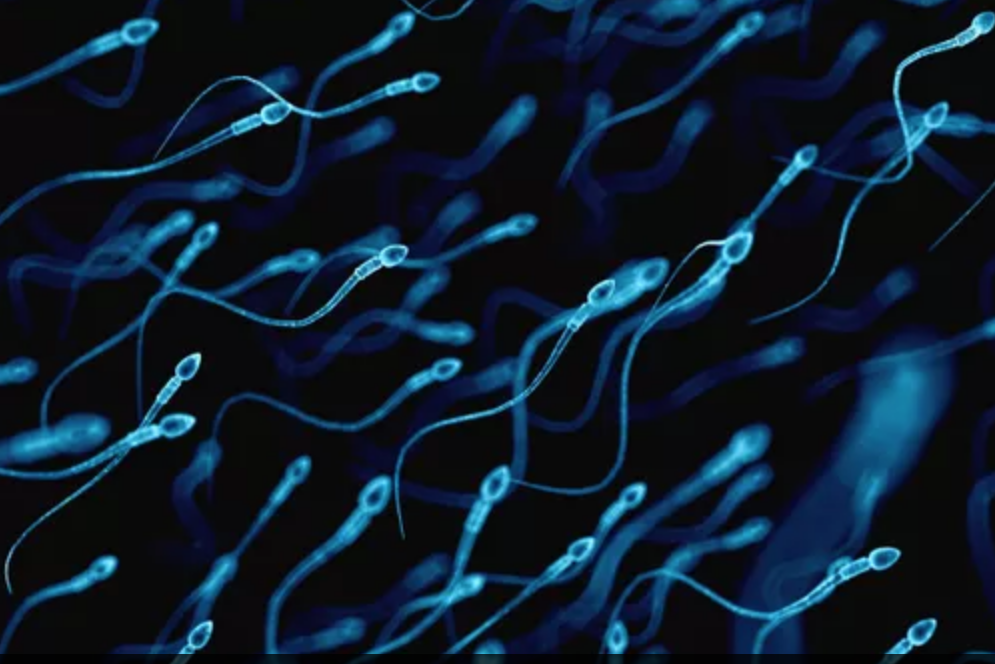Climate change could lead to lower sperm count in men, study shows
Study performed on beetles could apply to human males as well

Your support helps us to tell the story
From reproductive rights to climate change to Big Tech, The Independent is on the ground when the story is developing. Whether it's investigating the financials of Elon Musk's pro-Trump PAC or producing our latest documentary, 'The A Word', which shines a light on the American women fighting for reproductive rights, we know how important it is to parse out the facts from the messaging.
At such a critical moment in US history, we need reporters on the ground. Your donation allows us to keep sending journalists to speak to both sides of the story.
The Independent is trusted by Americans across the entire political spectrum. And unlike many other quality news outlets, we choose not to lock Americans out of our reporting and analysis with paywalls. We believe quality journalism should be available to everyone, paid for by those who can afford it.
Your support makes all the difference.Scientists have suggested that increasingly temperatures that are a symptom of climate change could lead to lower sperm counts.
Using red flour beetles as a proxy for humans, a new study showed “clear evidence” of lower “sperm number and viability” as temperatures increased.
Study co-author Matt Gage, an ecologist at the University of East Anglia, said beetles were used because they are one of the most common species on the planet and “so these results are very important for understanding how species react to climate change”.
“We know that biodiversity is suffering under climate change, but the specific causes and sensitivities are hard to pin down. We’ve shown in this work that sperm function is an especially sensitive trait when the environment heats up, and in a model system representing a huge amount of global biodiversity,” Mr Gage said.
The beetles were subjected to control conditions and a five-day ‘heatwave’.
“Heatwave conditions (nine to 13 degrees above the typical high temperature for five days) damaged male — but not female — reproduction,” according to the study, published in the peer-reviewed Nature Communications journal.
It further stated “successive” heatwaves ”almost sterilise” male beetles.
According to the University of Rochester Medical Center, in order for males to create viable sperm, the temperature outside of the testicles has to be cooler than internally.
If somehow the male beetle was able to produce in that temperature, their offspring had shorter than average lifespans, according to researchers.
Kris Sales, another researcher on the study, said: “Research has also shown that heat shock can damage male reproduction in warm-blooded animals too, and past work has shown that this leads to infertility in mammals. Our research shows that heatwaves halve male reproductive fitness, and it was surprising how consistent the effect was.”
Study authors hope the results will allow for more understanding of conservation efforts and the effect of climate change on humans.
Join our commenting forum
Join thought-provoking conversations, follow other Independent readers and see their replies
Comments